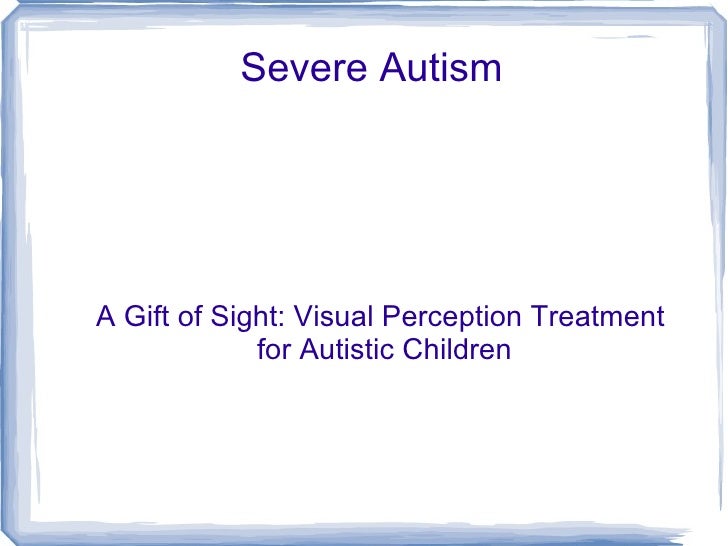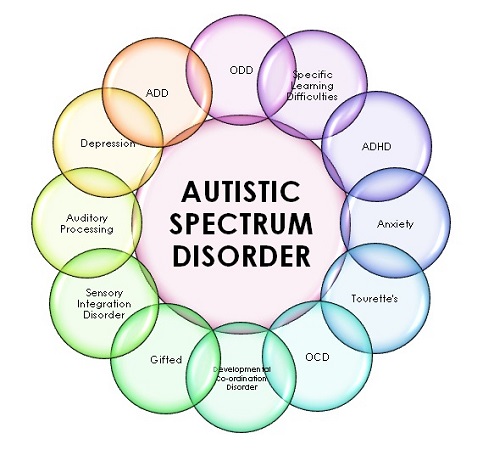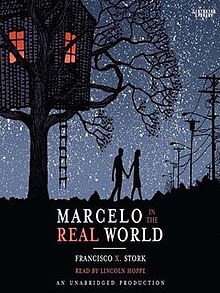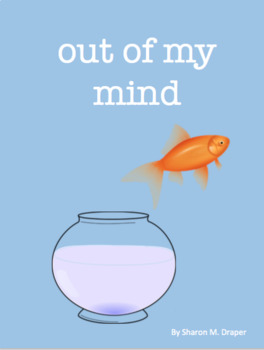Vocab:
Apraxia – A disorder of voluntary movement, consisting of partial or total incapacity to execute purposeful movements, without impairment of muscular power, sensibility and coordination. The person has difficulty sequencing movements in the service of a goal. May be specific to speech.Developmental Delay – A child who acquires skills after the expected age in achieving cognitive, adaptive, physical, communication and social skills.
Expressive Language Disorder – Developmental expressive language disorder in which a child has lower-than normal proficiency in vocabulary, the production of complex sentences, and recall of words. Child will typically use gestures, words, and written symbols to communicate.
Hyperlexia – Is a condition in which the main characteristics are an above average ability to read accompanied with a blow average ability to understand spoken language.
Neurotypical (NT) – Is a neologism used to describe people whose neurological development and state are consistent with what most people would perceive as normal in their ability to process linguistic information and social cues. While originally coined among the autistic community as a label for non-autistic persons, the concept was later adopted by both the neurodiversity movement and the scientific community.
Self-Stimulatory Behavior – A term for behaviors whose primary purpose appears to be to stimulate ones own senses. An example is rocking ones body: Many people with autism report that some ‘self stims’ may serve a regulatory function for them (i.e., claming, adding concentration, shutting out an overwhelming sound.) Other examples: hand-flapping, toe walking, spinning, echolalia.
Sensory Integration – Is the ability to take in information through the senses of touch, movement, smell, taste, vision, and hearing, and to combine the resulting perceptions with prior information, memories, and knowledge already stored in the brain, in order to derive coherent meaning from processing the stimuli.
Behavior Support Plan/(BIP) Behavior Intervention Plan – Multi-component behavior intervention plans, with multiple layers of support, are in fact the best way to establish effective and comprehensive strategies for addressing challenging behavior.
Augmentative Communication – Special devise that provides an alternative for spoken language. For example, photographs and picture exchange communication.
Baylet Scales – A developmental assessment used for children age one month to 3 1/2 years old. It is comprised of a mental, motor and behavior scale. This scale has a mean of 100 and a standard deviation of 15.
 |
| Source: infographicbee.com |



















